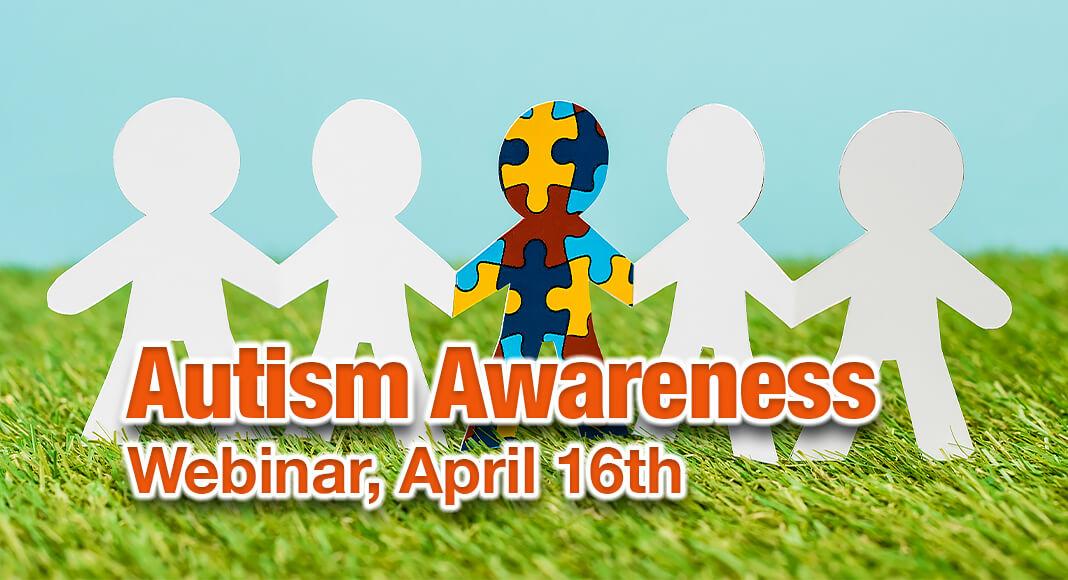
Mega Doctor News
A neurodevelopmental disorder, autism spectrum disorder can affect an individual’s behavior, ability to interact socially, communication and learning. Related to brain development, the condition impacts how a person perceives and socializes with others.
With a wide range of symptoms and varying degrees of severity, the diversity of the disorder can make it hard to diagnose, leading to children sometimes being mistakenly diagnosed with a different condition like ADHD. An autism diagnosis relies on two crucial factors: a parent’s or caregiver’s descriptions of a child’s development and a professional’s observation of the child’s behavior.
Autism can be diagnosed at any age, but symptoms generally appear within the first two years of life and can even start as early as 12 to 18 months. On average, autism is diagnosed by age 5 in the United States, per the National Autism Data Center, with an estimated one in 36 children affected by the condition.
For children diagnosed with the disorder, early intervention is crucial in helping them become verbal, learn how to advocate for themselves, make friends and develop independence and self-care skills.
In fact, research shows that early diagnosis and interventions for autism are more likely to have major long-term positive effects on symptoms and later skills.
“An autism diagnosis doesn’t only affect the child, it can impact their family, school and community,” says Kimberly Davis, MBA, BSN, RN, pediatric administrator, South Texas Health System Children’s. “Families often face challenges in accessing appropriate education, healthcare and social services. Additionally, they face various challenges associated with the stigma and misunderstanding from others unfamiliar with the condition.”
This Autism Awareness Month, STHS Children’s is helping raise awareness of the disorder by highlighting the warning signs and symptoms of autism and the importance of early interventions during it latest Let’s Talk Children’s Health webinar.
Streaming live on Wednesday, April 16, from 5:30 – 6:30 p.m. via the STHS Children’s Facebook page, the online seminar will feature a pediatric healthcare professional providing education on autism, as well as support and resources available locally.
“Despite its prevalence, autism is often misunderstood and those with the condition face significant challenges in various aspects of their lives,” says Davis. “In order to foster understanding, acceptance and support for those affected, increasing autism awareness is crucial.”
For more information on the webinar, visit the STHS Children’s Facebook Event page. To watch previous Let’s Talk Children’s Health Seminars, visit STHSLetsTalk.com.
| Who: | South Texas Health System Children’s |
| What: | FREE virtual seminar entitled “Let’s Talk Children’s Health – Autism” |
| When: | Wednesday, April 16, 2025, from 5:30 – 6:30 p.m. |
| Where: | Online via STHS’ Facebook page |











